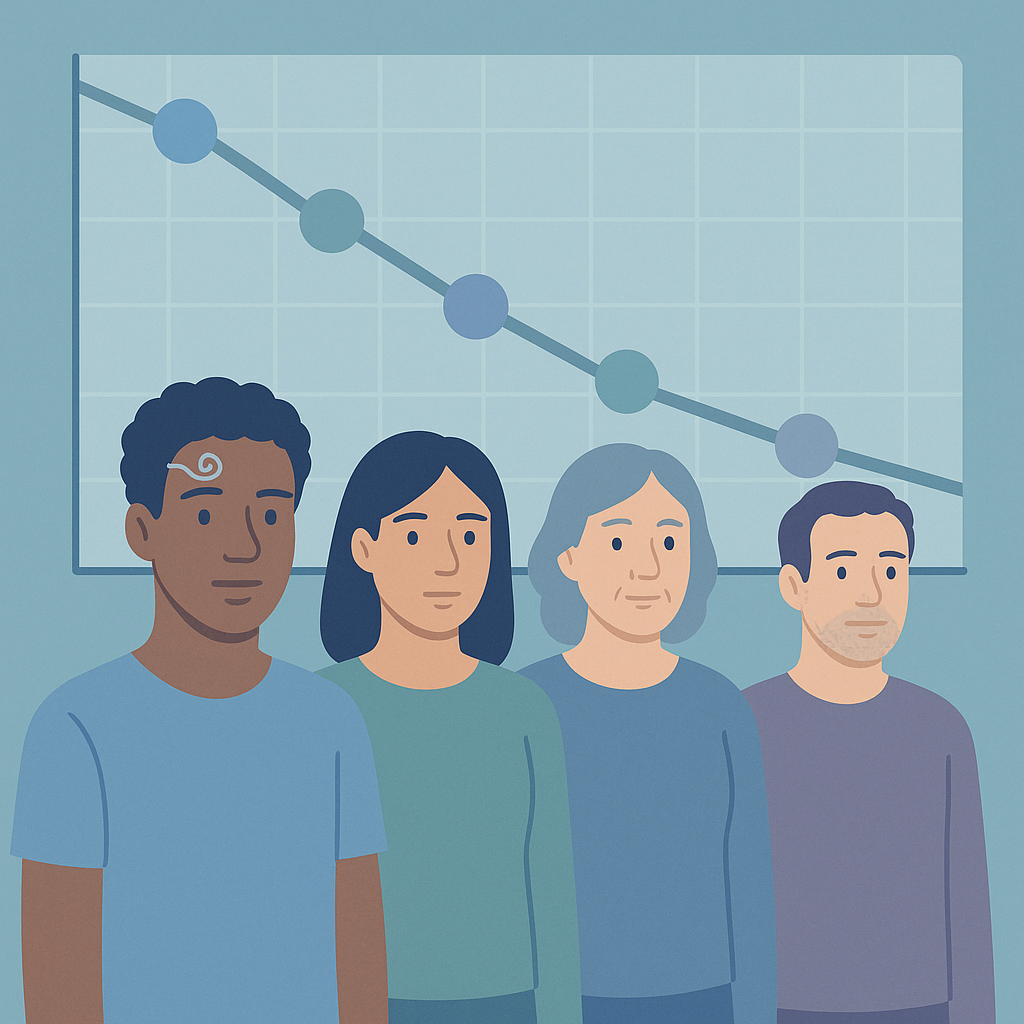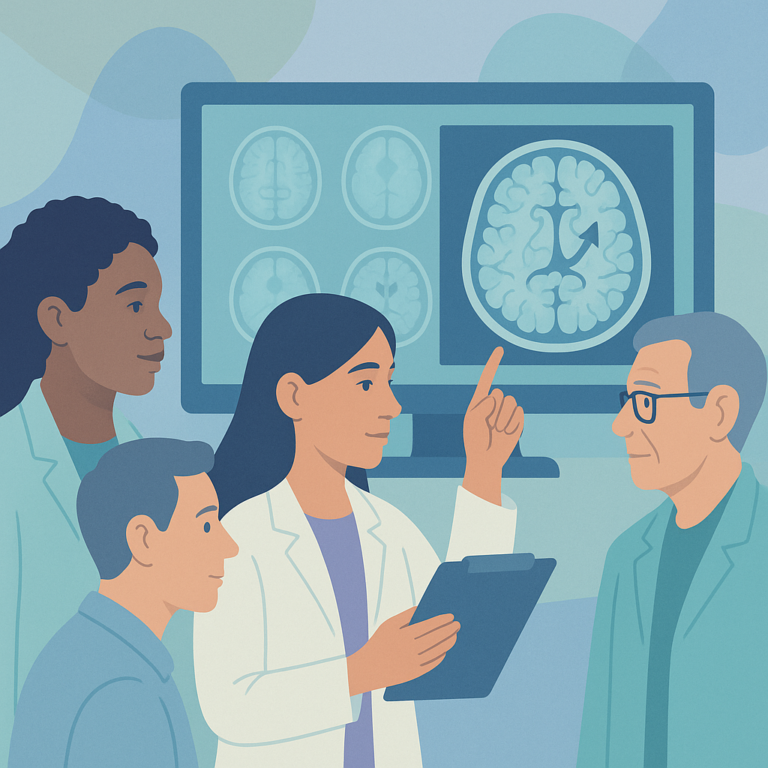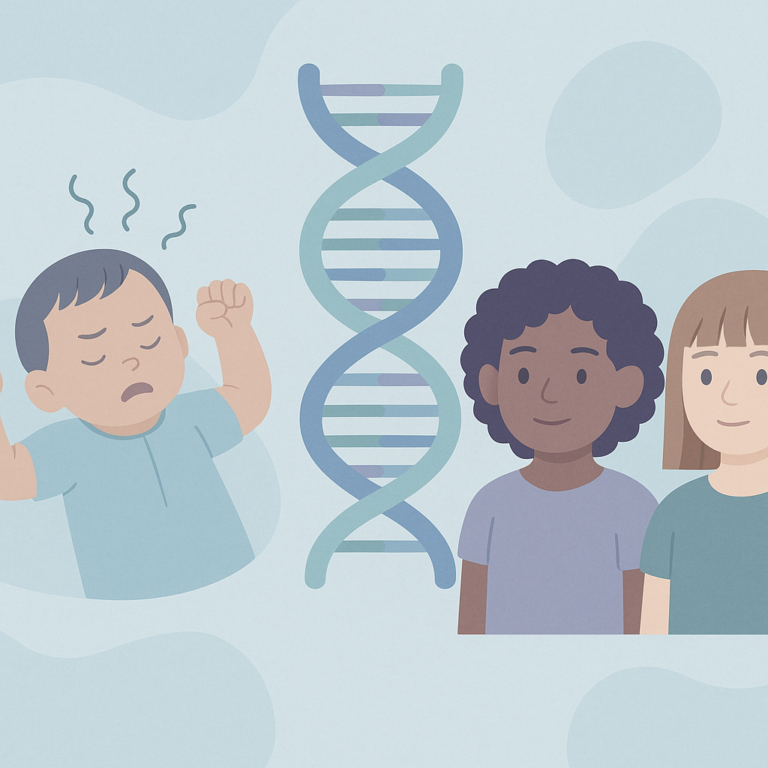Tracking Depression in Epilepsy Patients Over Time
Summary
Researchers studied how depression and suicidal thoughts change over time in adults with epilepsy who initially had high scores on a depression screening tool called the Neurological Disorders Depression Inventory for Epilepsy (NDDI-E). The study involved 34 adults who were receiving care at a specialized outpatient psychiatry clinic within an epilepsy center. The researchers looked at various factors, including seizure frequency, psychiatric diagnoses, and treatment options, to understand how these elements might relate to changes in depression scores.
The main finding of the study was that while seizure frequency did not significantly affect changes in depression scores, improvements in specific aspects of the NDDI-E were linked to better overall mental health ratings from psychiatrists. Specifically, when patients showed improvement in one particular item of the NDDI-E, they also received better ratings on their mental health status. This suggests that monitoring changes in depression symptoms can provide valuable insights into a patient's psychiatric well-being, even if their seizure control remains unchanged.
This research is important because it highlights the need to consider mental health in patients with epilepsy, not just their seizure control. However, the study has limitations, including a small number of participants and its observational nature, which means that more extensive studies are needed to confirm these findings and better understand the relationship between epilepsy, depression, and treatment.
Related reading
- New Model Predicts Dementia and Death Risk in Older Veterans
- New Diazepam Film Offers Hope for Kids with Epilepsy
- Boosting Self-Efficacy Can Improve Life for Kids with Epilepsy
- Neurologists Generate More Revenue Than Nonneurologists After Patient Visits
- Correction on Neurostimulation Study for Epilepsy and Tourette Syndrome
- Vagus Nerve Stimulation May Help Treat Immune Diseases
Free: Seizure First Aid Quick Guide (PDF)
Plus one plain-language weekly digest of new epilepsy research.
Unsubscribe anytime. No medical advice.





